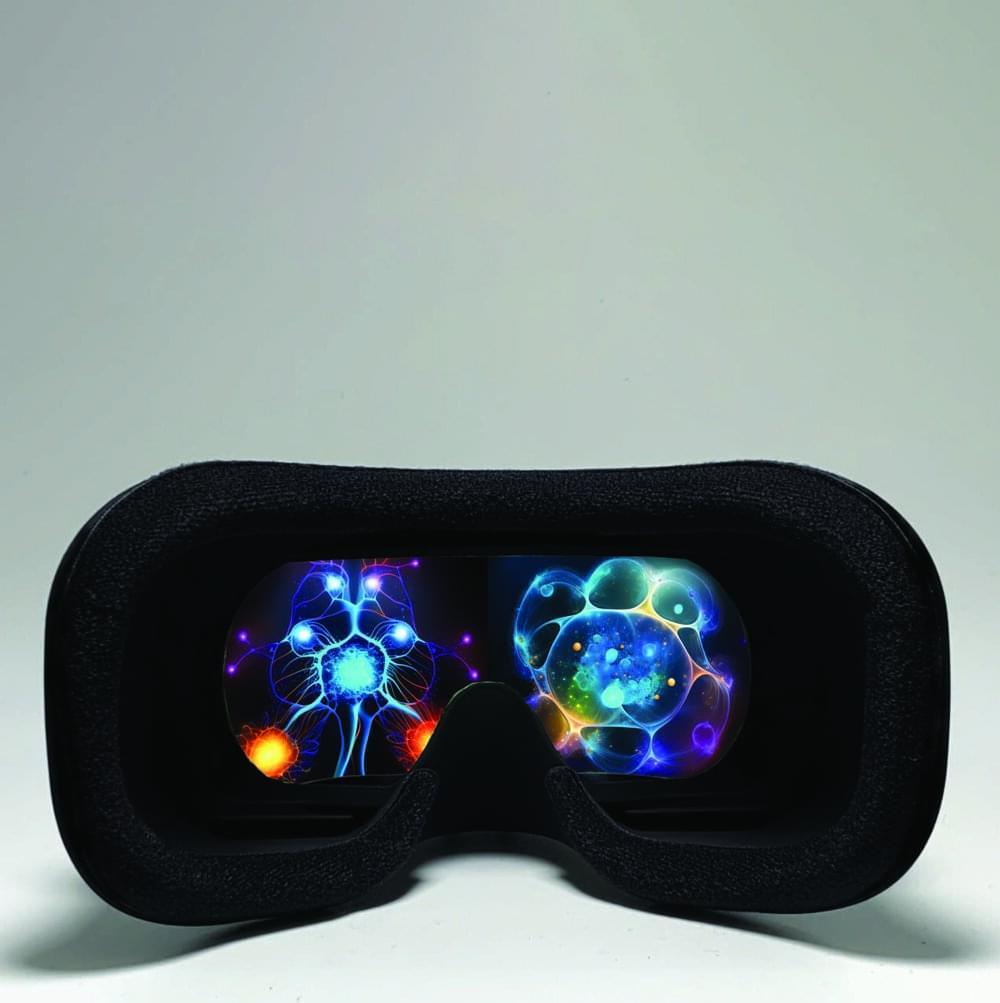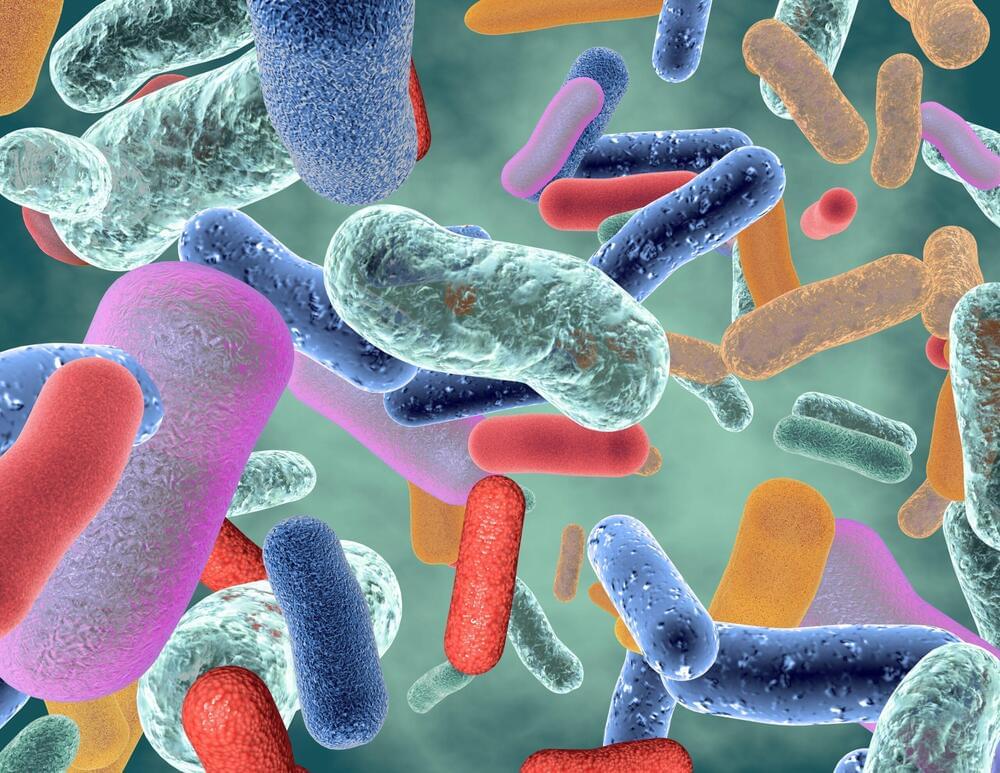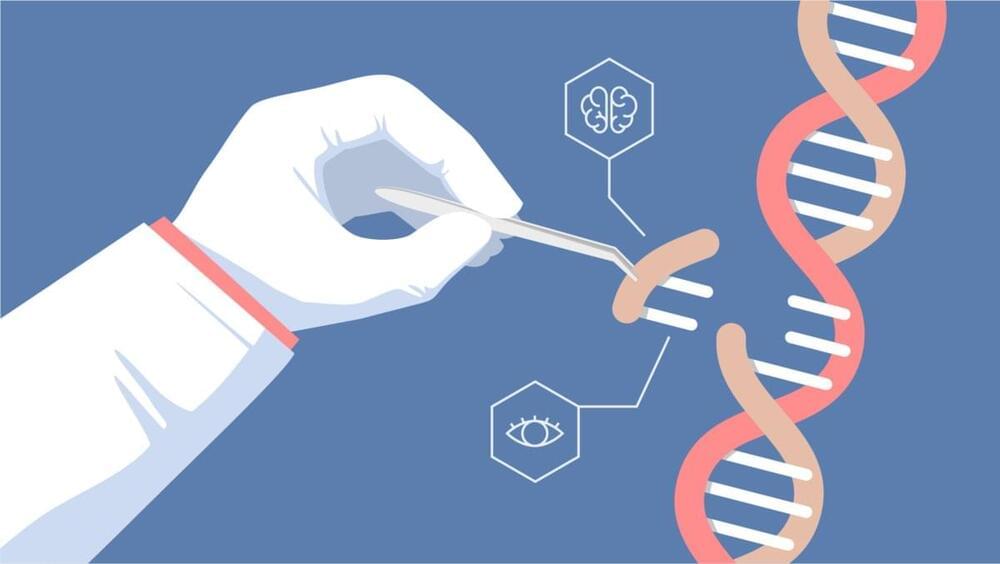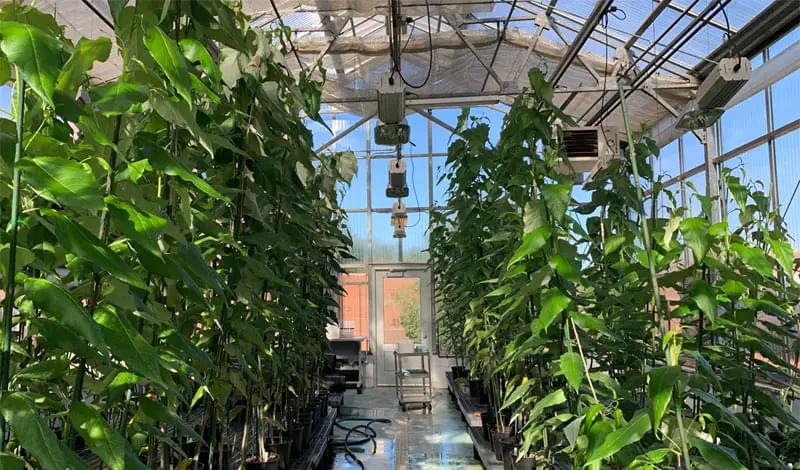Integrated Biosciences, a biotechnology company combining synthetic biology and machine learning to target aging, in collaboration with researchers at the University of California Santa Barbara, today announced a drug discovery platform that enables precise control of the integrated stress response (ISR), a biological pathway that is activated by cells in response to a wide variety of pathological and aging-associated conditions.
A new publication, “Optogenetic control of the integrated stress response reveals proportional encoding and the stress memory landscape,” authored by company founders and featured on the cover of Cell Systems describes a technique that triggers the ISR virtually using light and demonstrates how the accumulation of stress over time shifts a cell’s reaction from adaptation to apoptosis (programmed cell death).
“In a very real way, our platform puts cells into a virtual reality, making them experience stress in the absence of physical stressors,” said Maxwell Wilson, Ph.D., a co-founder of Integrated Biosciences and Assistant Professor of Molecular, Cellular, and Developmental Biology at the University of California Santa Barbara.






